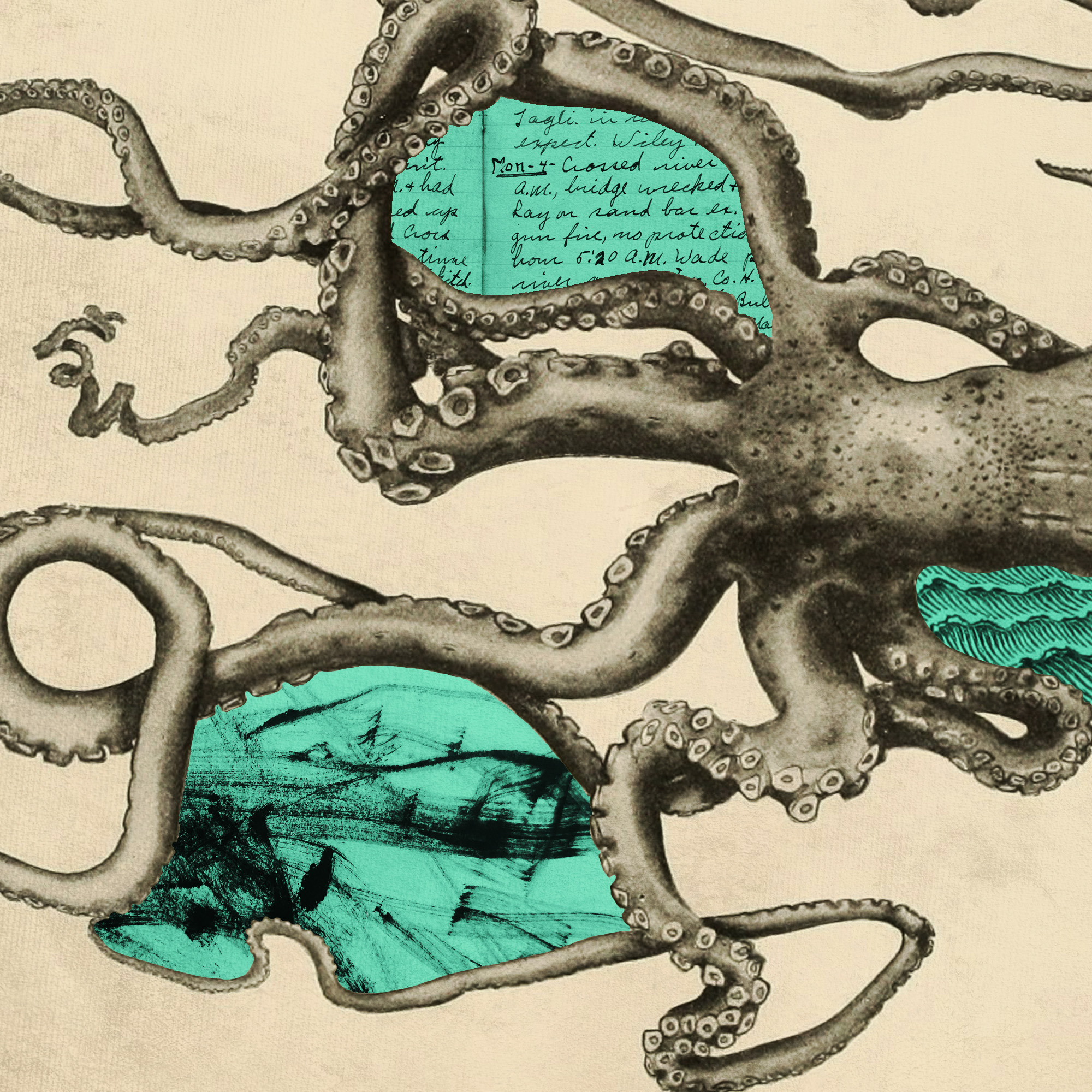
Completed August 2023
OUR WIVES UNDER
THE SEA
When I read the blurb for Our Wives Under the Sea, I will admit I was quite annoyed. I was excited to read the book due to the recommendations I'd heard, but now my enthusiasm was dampened. It seemed to have revealed half the plot!
Turns out, I needn't have been disappointed. My expectation was that the novel would explore Miri's separation from her beloved Leah, but then I opened the first page to find it had already happened. This was the first surprise – and a brave, confident move – to take an emotionally fraught context, ripe for exploration, and step right over it, straight to the aftermath.
This decision soon proved to be integral to the crux of the book, because the impact of Our Wives Under the Sea was not held in high drama, but in the gloriously slow build of tension. At first, I thoroughly believed that Leah had a legitimate medical condition (understandable given what she'd been through). The realisation that the otherworldly was intruding came slowly, as symptoms became gradually more extreme until one fateful scene where it smacked me in the face. I didn't realise the enormity of what was happening until it was suffocating.
This style was, apparently, controversial, and I can see why it was too taxing for some. But I'm here for it. This slowly-slowly approach was masterfully executed and added so much to the believability of the story.
It helped too that the writing was absolutely beautiful. This is a point it would be impossible for me to overstate. It was gut wrenching, heart wrenching, soul wrenching – I could go on. At times I felt slightly hypnotised.
If I were to attest this experience to anything, it would probably be due to the immaculate thematic rendering. The imagery of water (of submerging, of drowning) was powerful in its ability to break new ground, to visualise abstract experiences told time after time in fiction – but never quite like this. Its unique characteristics shaped how the story was delivered, most interestingly through its distortion of reality – to see something through water can seem at once both absolute and imprecise.
Duality is a further important theme, explored frequently through Leah's musings on the fractious surface of the sea, the constant oscillation between liquid and gas. This fluctuation serves as a metaphor for how the boundaries of our lives are often far more fragile than appearances suggest, as throughout the book she discovers.
For someone who has never been married to a woman who returned from a failed research trip after six months trapped in a submarine, this book was also surprisingly relatable. Miri was refreshingly candid, and imperfect in ways which I couldn't help but find endearing. I felt very connected to her as we uncovered the truth together. Her love for Leah was obvious, from how her tone of voice shifted when describing her to her reminiscence of their relationship. Told in details, in moments, the bricks every love story is built from. She didn't need to tell the reader how much she loved her wife, as we all already knew.
This is what made reading her struggles so difficult sometimes, as I felt so invested in her character. Miri's journey was so brutal, plunging headfirst into the most difficult questions humanity will ever face. I found her time exploring the depths of internet chat rooms particularly revealing, as through the experiences of others she grappled to come to terms with her own situation. Not that it particularly helped.
Sometimes I worry about which novels I consider my favourites. They all tend to be, in varying ways... dark? I love dystopians, the gothic, tragedies. What does this say about me? I can't help it. I just find the stories that explore pain and grief and death most affecting. These are the ones that stick in my thoughts like gum.
I already kind of want to start this novel from the beginning again. Maybe I will cave and do so soon. For now, I kind of feel like it's haunting me (...in a good way).
“The error in my reasoning was to assume that alone was somewhere you could go, rather than somewhere you had to be left.”